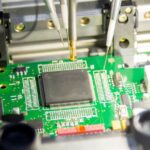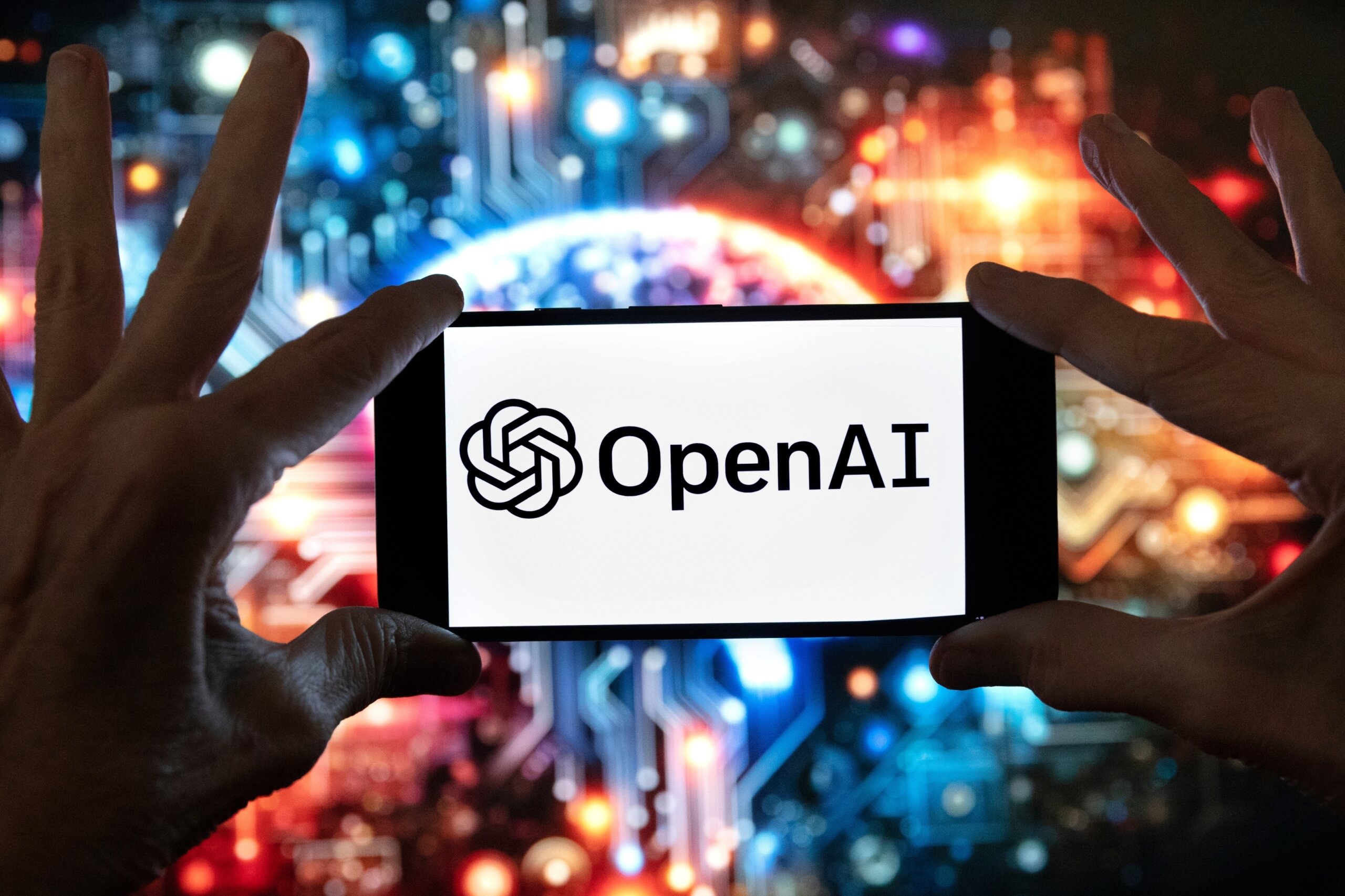OpenAI has announced a significant partnership with Taiwan’s electronics powerhouse, Foxconn, aimed at enhancing the infrastructure for artificial intelligence (AI) data centers in the United States. This collaboration is part of a broader initiative to bolster American capabilities in the AI sector, which has seen exponential growth and demand.
The agreement, disclosed through separate statements by both companies, entails the co-design and development of AI data center racks. These will be manufactured by Foxconn, which is well-known for its production of AI servers for Nvidia and its role in assembling products for Apple, including the iPhone. Specifically, the components Foxconn will produce at its U.S. facilities incorporate key elements such as cabling, networking, and power systems essential for AI data centers. OpenAI is expected to receive “early access” to evaluate and potentially acquire these components.
Foxconn operates several factories across the U.S., particularly in states like Ohio and Texas. Importantly, the initial agreement does not stipulate any financial commitments or purchase obligations, leaving room for further developments in this collaboration.
As part of its strategy to diversify, Foxconn is expanding its business into areas such as electric vehicles and acquiring other electronics firms. This move to collaborate with OpenAI underscores the company’s belief in the growing significance of the AI industry. Foxconn’s Chairman Liu Young-way emphasized this potential during a recent earnings call, expressing optimism about AI’s future and the importance of strengthening ties with major clients and partners.
Sam Altman, the CEO of OpenAI, stated, “This partnership is a step toward ensuring the core technologies of the AI era are built here. We believe this work will strengthen U.S. leadership and help ensure the benefits of AI are widely shared.” OpenAI itself has committed a remarkable $1.4 trillion toward developing AI infrastructure and has recently secured multi-billion dollar partnerships with companies like Nvidia and AMD to enhance the computing power necessary for its advanced AI models and services. Additionally, OpenAI has teamed up with Broadcom to design and manufacture its own AI chips.
Despite the ambitious spending plans, concerns have been raised among investors regarding OpenAI’s ability to recover these investments while maintaining profitability. Altman reassured stakeholders that the company, founded in 2015 and creator of ChatGPT, is projected to generate over $20 billion in annualized revenue this year, with expectations of growth into the “hundreds of billions” by 2030.
Foxconn’s stock has responded positively to the AI surge, with its share price increasing by 25% this year. The company reported a net profit of over 57.6 billion new Taiwan dollars (approximately $1.8 billion) for the July-September quarter, marking a 17% increase from the previous year. This growth has been significantly driven by revenue from its cloud and networking business, which includes AI servers.
The partnership between OpenAI and Foxconn not only signifies a strategic advancement in AI infrastructure but also reflects broader trends in the tech industry, where collaboration is increasingly vital to meet the demands of a rapidly evolving digital landscape. As both companies aim to capitalize on the burgeoning AI market, their joint efforts could redefine how AI technologies are developed and implemented in the U.S.
See also US Stock Markets Drop 1.5% Amid Ongoing AI Bubble Concerns and Inflation Jitters
US Stock Markets Drop 1.5% Amid Ongoing AI Bubble Concerns and Inflation Jitters ASML Invests €1.3 Billion in Mistral AI to Enhance Lithography Systems with Generative AI
ASML Invests €1.3 Billion in Mistral AI to Enhance Lithography Systems with Generative AI Artificial Intelligence in Epidemiology Market Expected to Reach $10B by 2032, Reports Analyze Trends
Artificial Intelligence in Epidemiology Market Expected to Reach $10B by 2032, Reports Analyze Trends Perplexity Launches Comet AI Browser for Android, Enhancing Mobile Web Navigation with AI Features
Perplexity Launches Comet AI Browser for Android, Enhancing Mobile Web Navigation with AI Features




























































